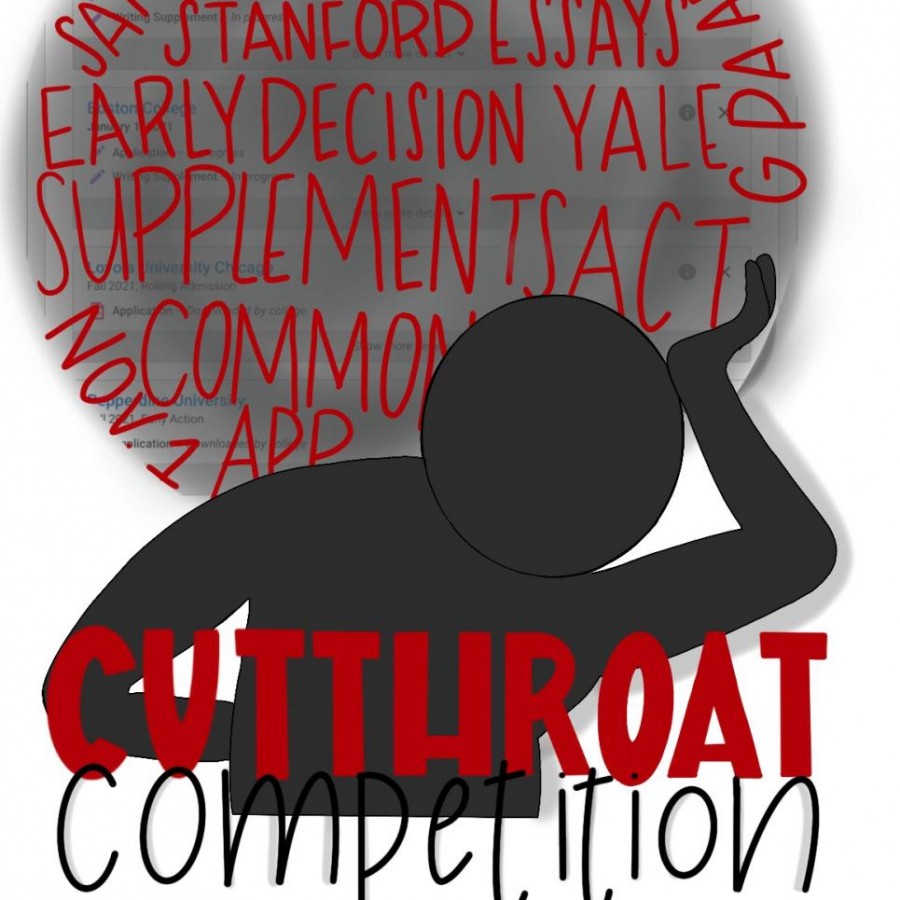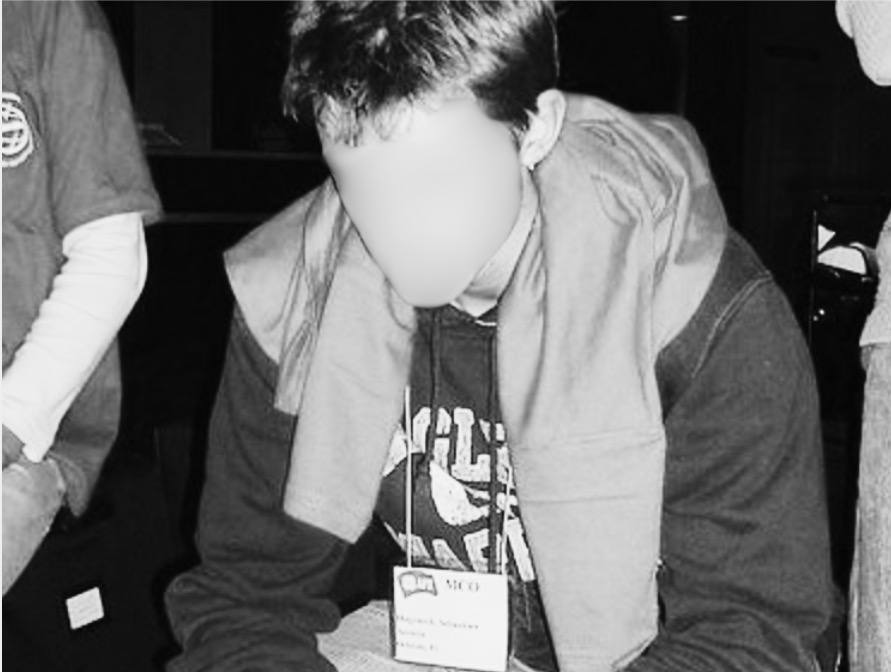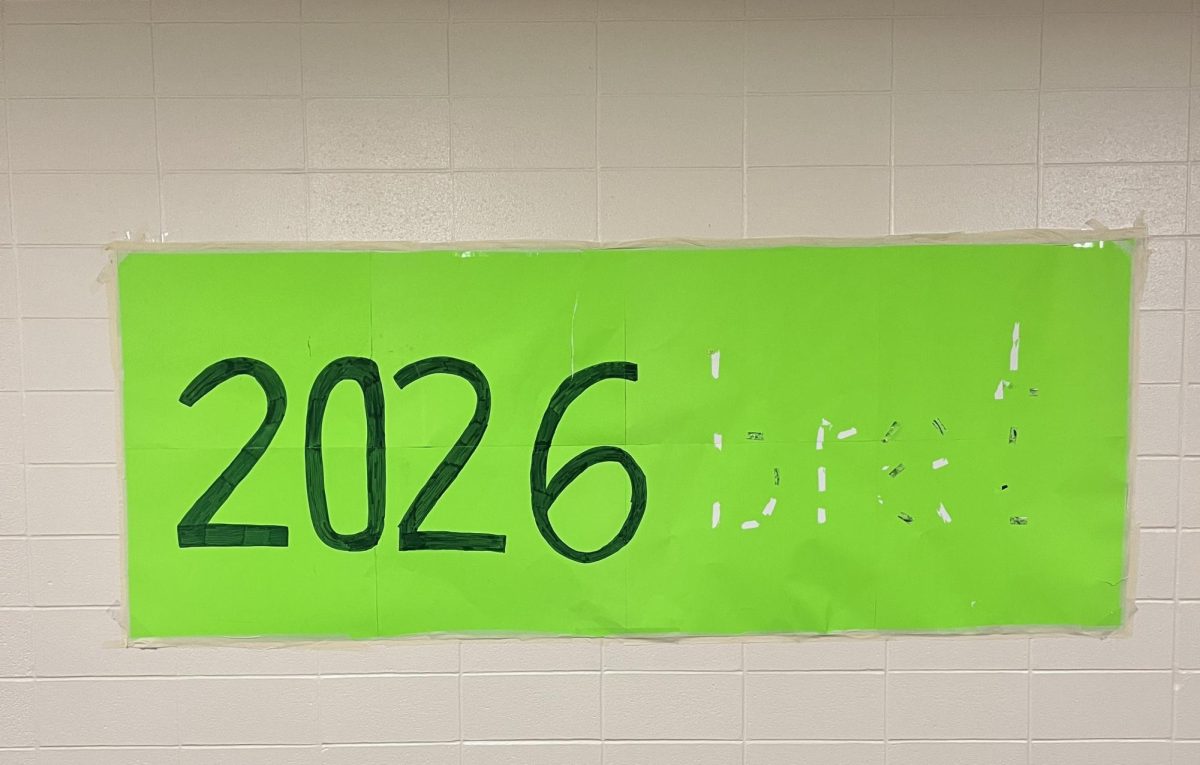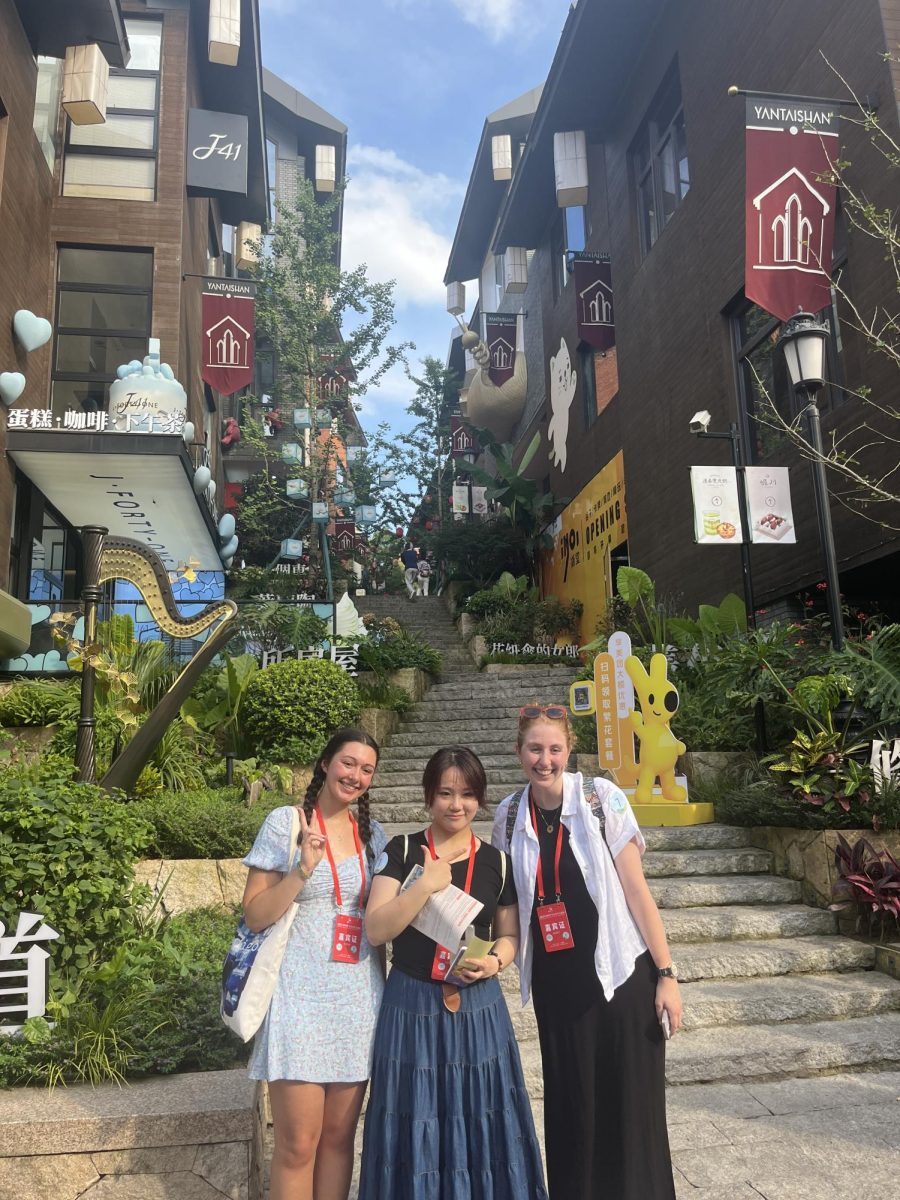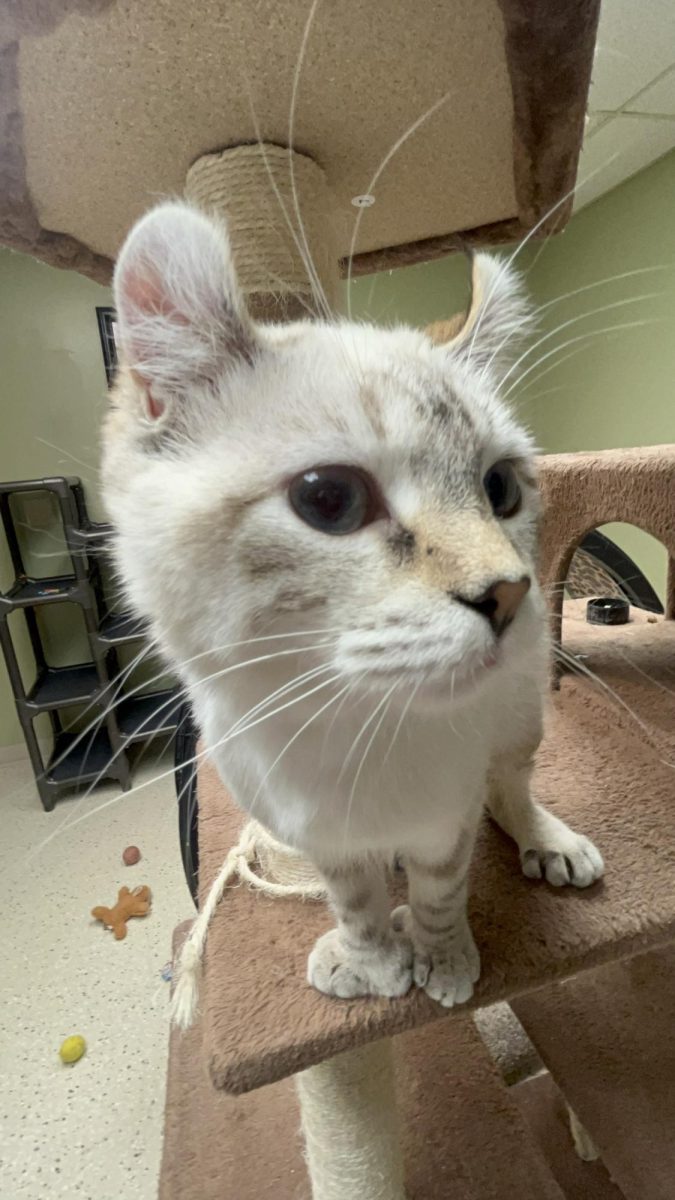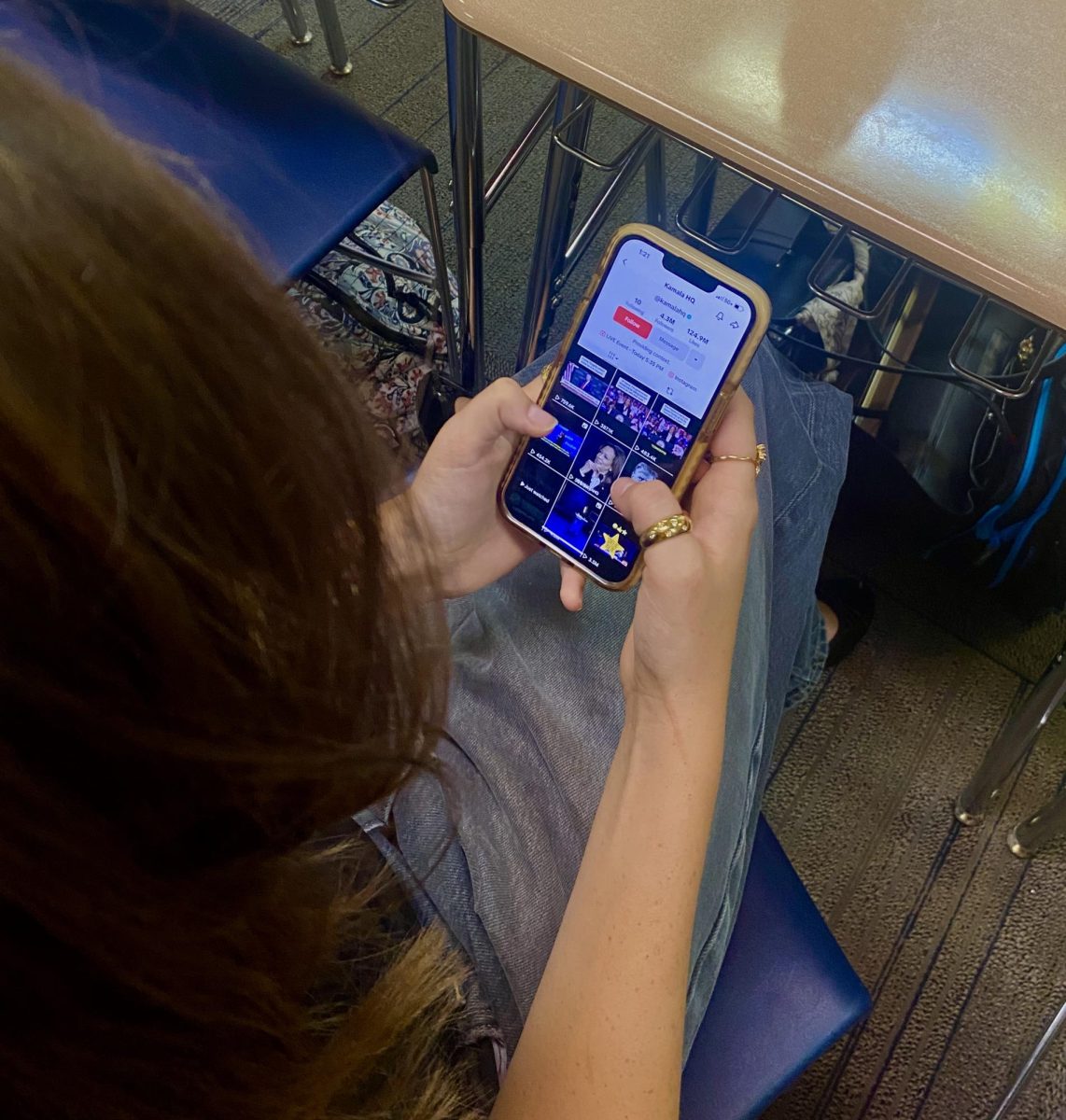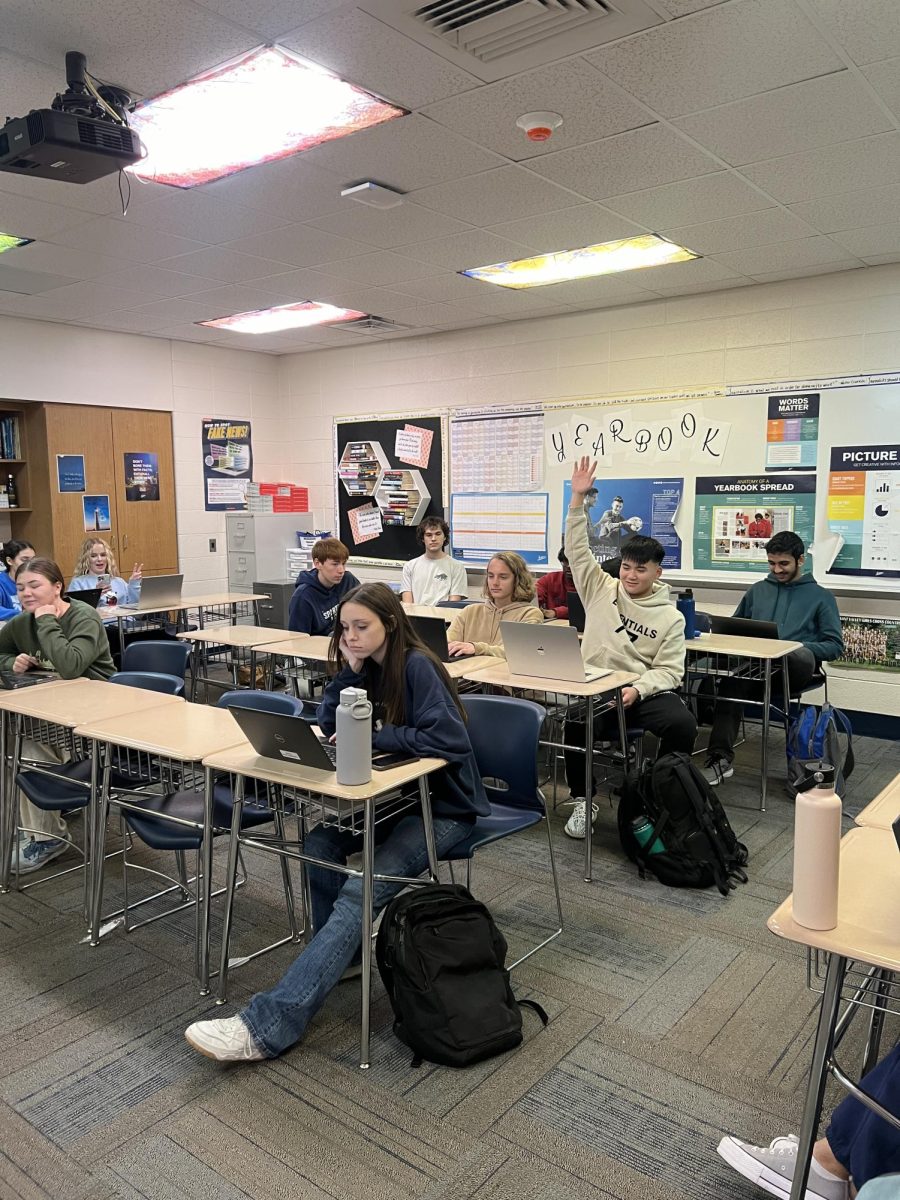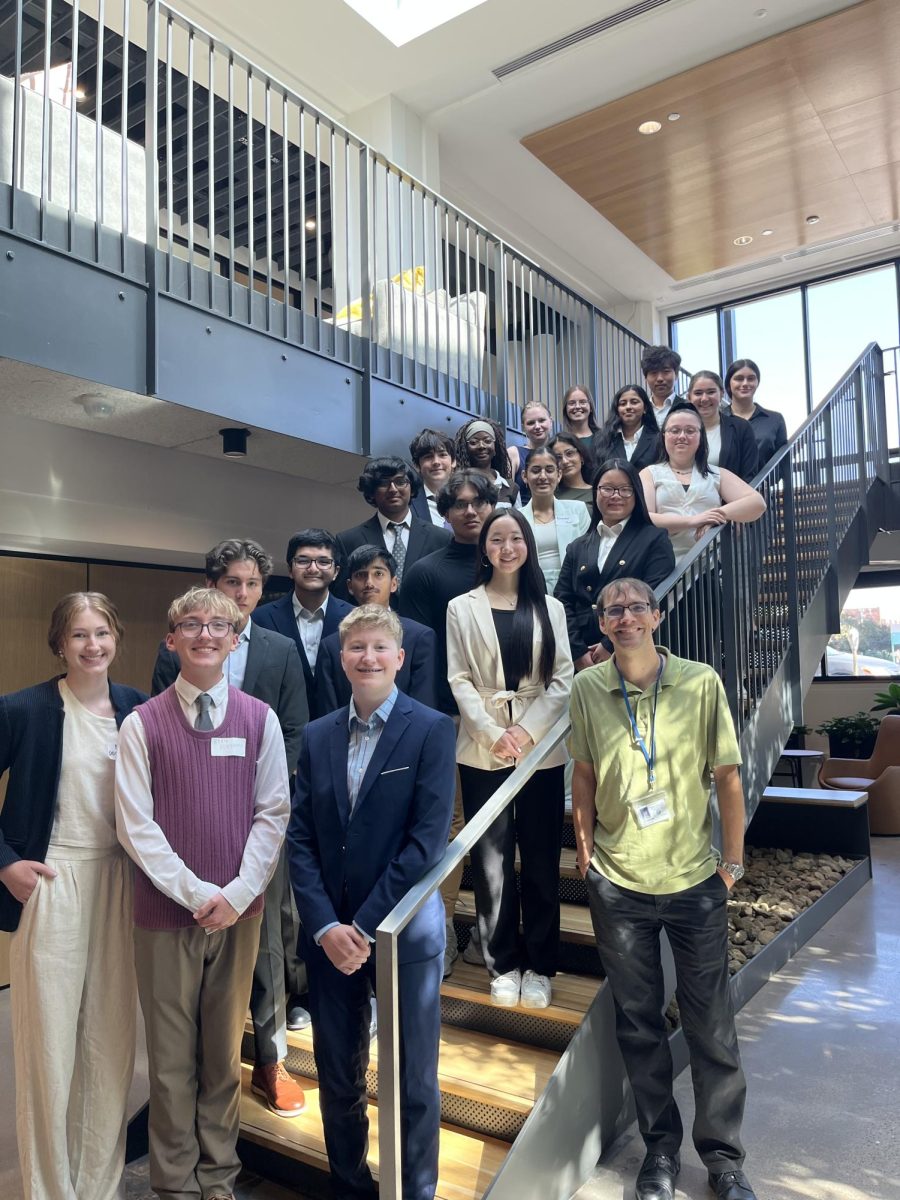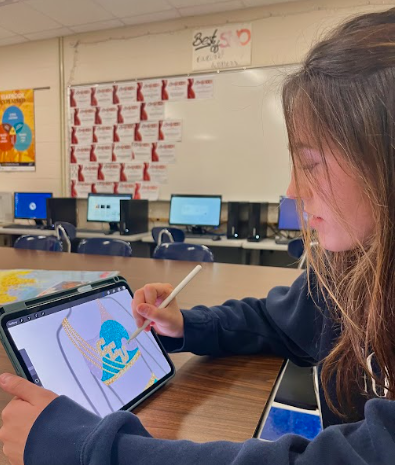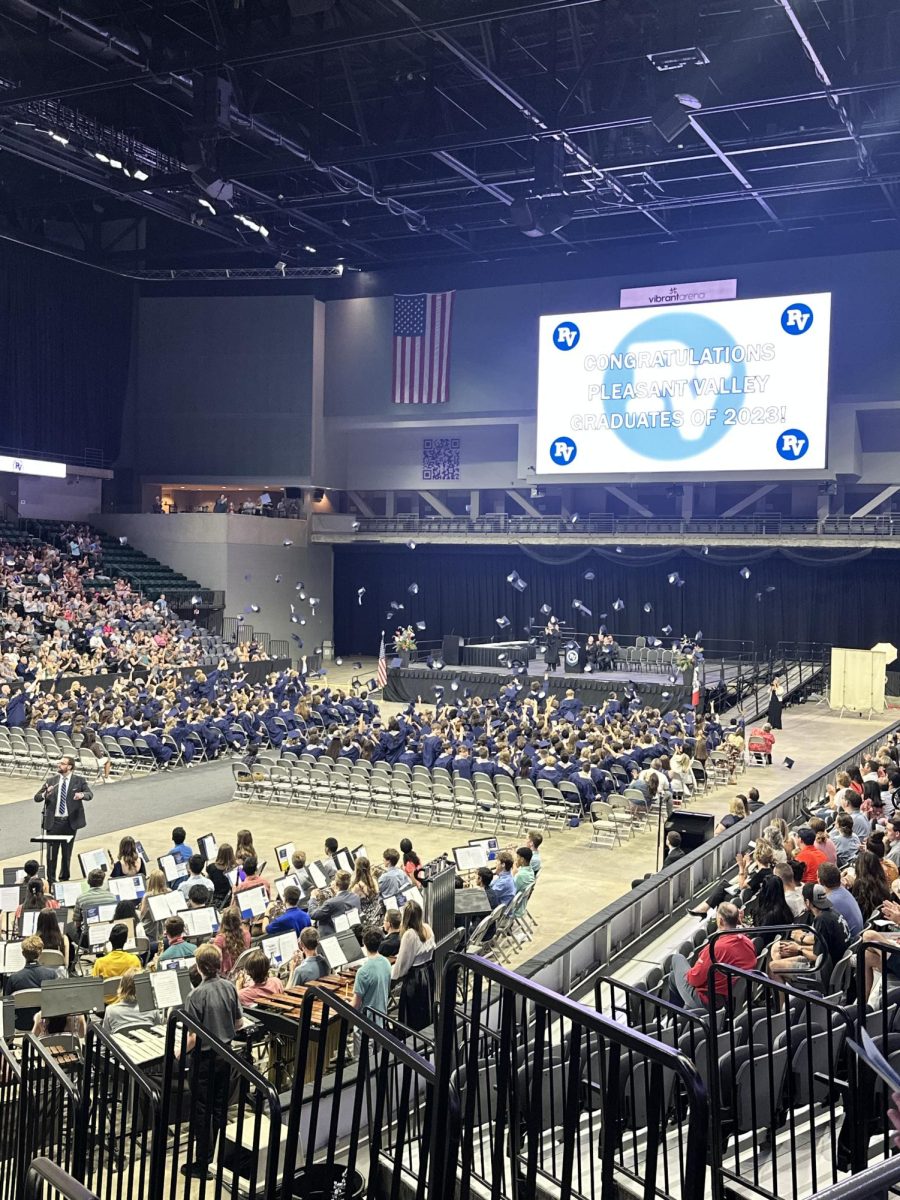Students around the nation are thrust into a world of cutthroat competition as they undergo the college admissions process to elite universities. This damaging culture remains prevalent, and almost encouraged, among high-achieving students–especially at PV.
In the past few years, these elite universities have become increasingly selective. For example, New York University (NYU) went from a 35 percent acceptance in 2013 rate to a slim 15 percent acceptance rate in 2020. While these schools have always been recognized as exclusive, this surge in selectivity has fostered an unhealthy mania surrounding college admissions in high school students.
Over the course of senior year, students face a months-long grueling application process as they fight tooth and nail to earn a coveted spot at one of the highly selective universities. Throughout this process, students experience enormous stress levels and anxiety induced by deadlines and decisions.
But this competitive culture usually begins far before a student’s senior year.
Although this culture is not promoted by counselors and teachers directly, the need to attend prestigious universities is often cultivated within students from a young age. For senior Christina Li, the thoughts of college admissions began when she was only 8 years old.
As students age, the pressures and thoughts of college only grow stronger. Once application season is in full force, many begin experiencing physical and mental health issues stemming from the stress of the process.
“I have migraines because I have been too busy to drink water, and I am not sleeping well, which doesn’t help. I’ve also experienced a fairly large amount of hair loss due to the stress as well,” Li noted.
And Li is not the only high-achieving student mounted by these pressures.
Senior Cyrus Barati has experienced considerable anxiety over the thought of not getting into his top-choice. “It’s been nerve wracking applying to prestigious schools because it’s what a lot of people have been working towards for the past four years,” he shared. “There’s this feeling that everything you’ve worked for could get wiped away if you don’t get into your desired college.” Both seniors say they have spent over 30 hours on their applications thus far.
While some of the desire to attend elite universities stems from wanting future professional success, a substantial amount of this existential angst is due to students assigning value and self-worth to their stats. Both Li and Barati reported that their academics and extracurriculars equate to nearly all of their self-worth.
This skewed perception of self-worth further contributes to the pressures and stress, as students constantly compare themselves to other applicants’ states and achievements. “Lots of my self-worth is associated with my academics and extracurriculars. I’m very competitive, and I like going for the top,” explained Li. “I feel as though these can sometimes be the main things that people look at when evaluating another person, so I push myself to be as successful as possible.”
Li also noted the competition between her and several of her peers, who are all applying to the same school as their top-choice. “Knowing several other people are applying is definitely scary, because they wouldn’t apply if they were not strong applicants. I understand why they want to go, and just have to make my application as good as possible,” she elaborated.
Knowing schools often compare applicants from the same school, Li finds it hard not to constantly compare herself to these specific applicants.
This situation is not solely unique to the Class of 2021, though. Darsh Balani, who graduated from PV in 2020 and now attends the University of California, Berkeley, noted the toxicity and ambitious atmosphere behind applying to elite universities. “I felt that there was a lot of external pressure during college application season to go to an elite school,” Balani reported. “When everyone around you is applying to those schools, you feel the need to apply to them as well.”
Even though both Li and Barati described their academic selves as perfectionists, overachievers and ambitious, they still found themselves inundated with the application process–and said that many of their peers felt the same way.
This paramount desire to attend these elite universities has led to students curating a carefully cultivated image of the well-rounded student they believe colleges want. The careful molding of this image often goes back to freshman year–or even earlier–stemming from the early pressures placed upon students to be the “perfect” applicants.
As students conclude the multi-year process of building their resumes and image with applications to the top universities in the nation, the pressure weighs heavily on their shoulders, igniting consequences such as mental and physical health complications.
With students sacrificing their health for a coveted spot at these universities, it is time to ask, how far is too far?


